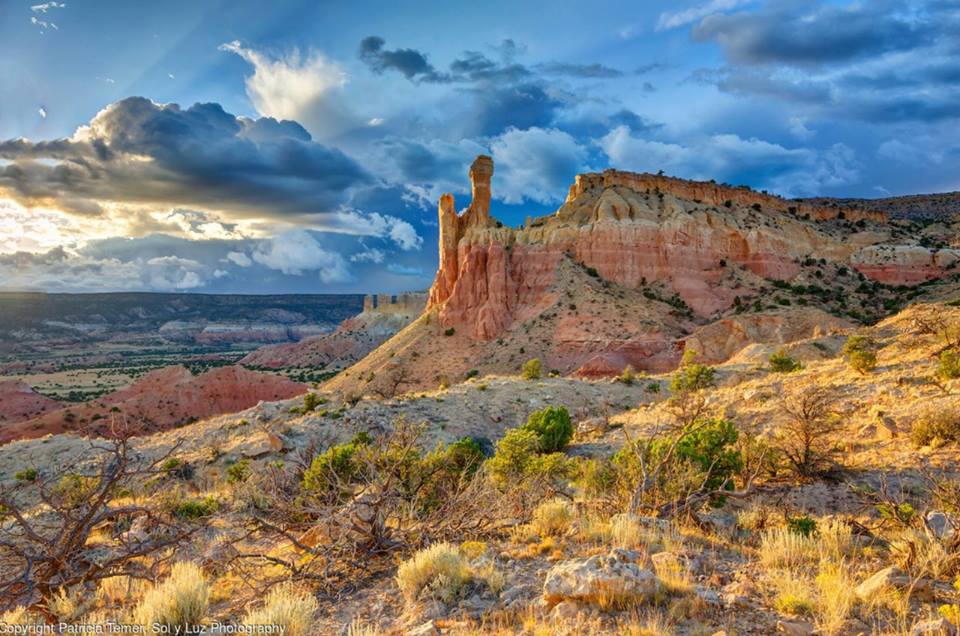Moe-Lobeda starts her book by pointing out the connection between the exploitation of sugar cane workers in the Dominican Republic and the vast profits made by corporate owners of the sugar cane industry located in the United States. As a child, she believed that if you simply knew what was on the other end of material wealth, our economic patterns would change. But mere knowledge is not enough to enable social change.
The chains of structural violence can, however, be resisted and dismantled. While structural evil may be beyond the power of individuals to counter, it is composed of power arrangements that are humanly constructed and therefore may be dismantled by other human decisions. ‘What humans have joined, let humans also put asunder.’ Her book does not seek to instill guilt in the overcoming of claims, but attempts to identify the moral-spiritual resources in our culture, resources that are to be found in all of earth’s great spiritual traditions.
Each chapter tells a story dealing with people’s linkages, e.g., a community in India whose land is being eroded by bauxite mining, with North America the beneficiary of the bauxite in all the aluminum product. A compelling section deals with love as transformative power, and reiterating that G-d’s love is the foundation of human love for G-d, self, others and earth.
Read more ›

 Hosanna, hosanna in the highest”), “
Hosanna, hosanna in the highest”), “